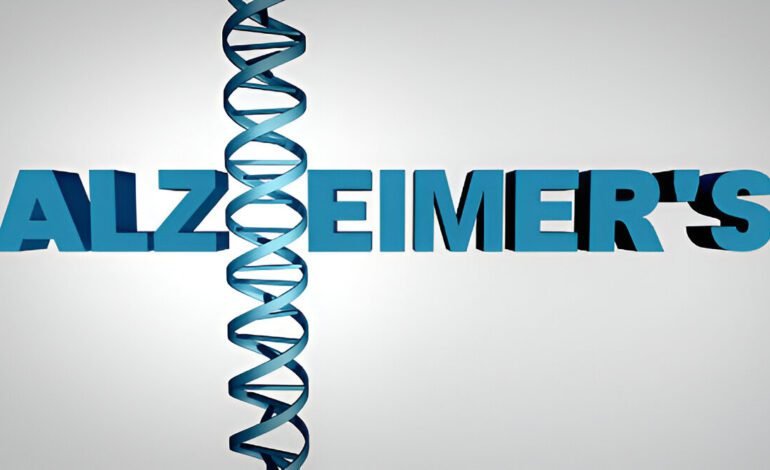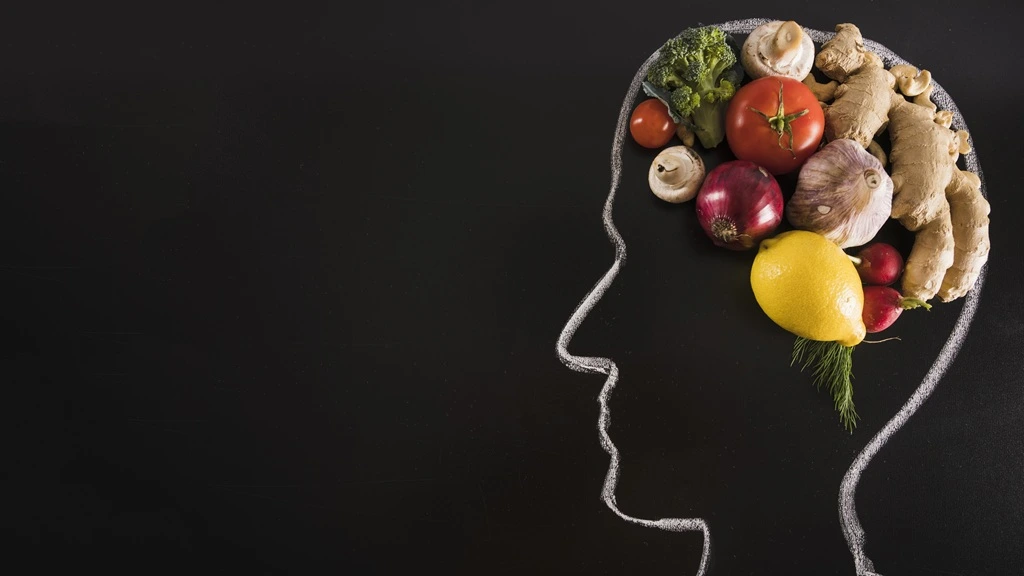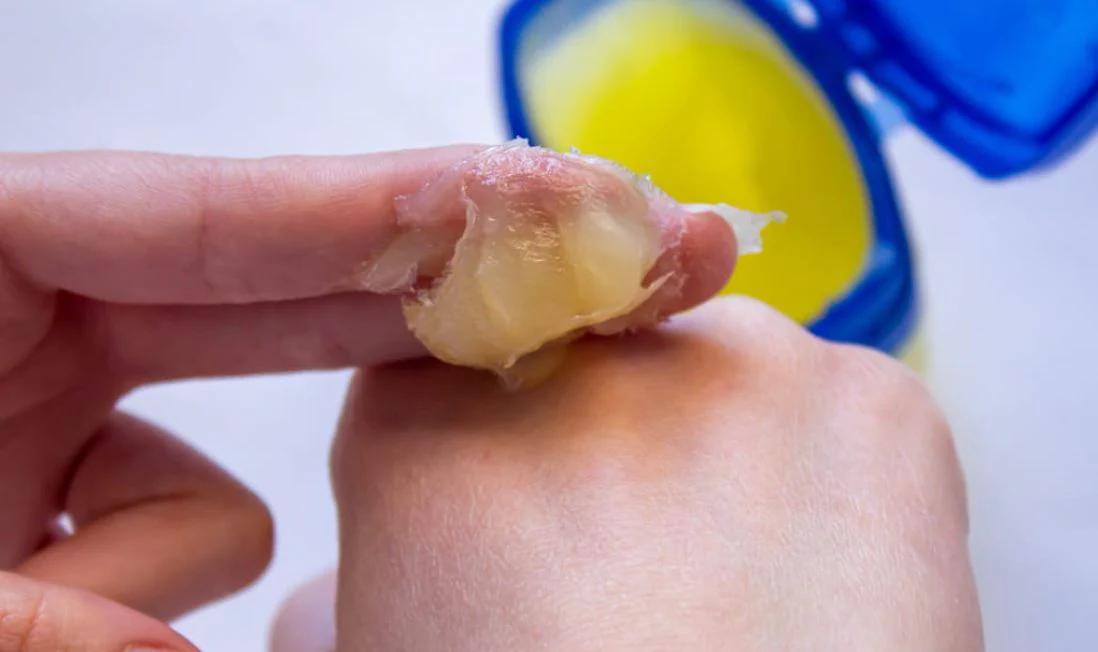Could Gene Therapy Be the Breakthrough We’ve Been Waiting for in Alzheimer’s Treatment?
Like many families, mine has been touched by Alzheimer’s disease. Watching someone you love slowly lose their memories is devastating. It’s not just forgetting names or misplacing keys—it’s watching pieces

Like many families, mine has been touched by Alzheimer’s disease. Watching someone you love slowly lose their memories is devastating. It’s not just forgetting names or misplacing keys—it’s watching pieces of their identity fade away. It’s heartbreaking, exhausting, and deeply personal.
So when I came across a recent study exploring gene therapy as a potential way to reverse memory loss in Alzheimer’s, it immediately caught my attention—and gave me a cautious but very real sense of hope.
What Is Gene Therapy for Alzheimer’s?
Gene therapy for Alzheimer’s aims to modify or replace faulty genes to correct the underlying disease process. Instead of just treating symptoms, it works at the source by targeting genetic factors that contribute to the chronic disease.
While still in the early stages of research, this approach shows promise in potentially preventing or slowing the progression of Alzheimer’s. By addressing the genetic causes, gene therapy could one day help protect brain cells from the damage that leads to memory loss and cognitive decline.
What the Research Is Showing
Early-stage studies, particularly one conducted on mice by researchers at the Keck School of Medicine at USC, have revealed something incredible: using gene therapy to deliver a specific protein to the brain restored memory function and reduced Alzheimer’s-related brain changes.
The treatment focused on increasing a gene that produces brain-derived neurotrophic factor (BDNF), a protein known to support brain plasticity, memory, and neuron survival. In mice genetically engineered to mimic human Alzheimer’s disease, the gene therapy:
- Improved memory in maze tests
- Reduced the accumulation of amyloid plaques (a hallmark of Alzheimer’s)
- Decreased inflammation in the brain
That’s a major breakthrough. While we’re still a long way from human clinical applications, the results suggest that gene therapy could one day reverse cognitive decline in Alzheimer’s patients—not just slow it.
“This could eventually be part of a combination approach to treating or even preventing Alzheimer’s,” said Dr. Roberta Brinton, one of the lead researchers.
Why Early Detection Is Vital
One of the toughest parts of Alzheimer’s is how quietly it begins. By the time common and rare symptoms like memory loss and confusion appear, significant brain damage has often already occurred.
That’s why early detection is critical. Identifying Alzheimer’s or mild cognitive impairment early means:
- Starting treatments sooner
- Making lifestyle changes to slow progression
- Planning for future care needs
And, as gene therapy advances, catching the disease early could mean being a candidate for interventions that can protect and regenerate brain cells before too much damage happens.
Why This Matters
Alzheimer’s currently affects over 6 million Americans and 55 million people worldwide, with numbers expected to double by 2050. It’s not just a disease of memory—it affects entire families, turning children into caregivers and straining emotional and financial resources.
It’s also incredibly expensive: Alzheimer’s and other dementias will cost the U.S. an estimated $360 billion in 2024 alone, according to the Alzheimer’s Association.
The fact that we may be on the brink of therapies that don’t just mask symptoms—but address the root causes—is a massive shift in the fight against this disease.
A Personal Reflection
For those of us who’ve had to watch Alzheimer’s unfold in real time, the idea that we could reverse some of its damage feels like science fiction—but it’s not. It’s science. It’s progress. And it’s happening now.
We’re still years away from seeing these therapies become widely available, but it makes me hopeful that future generations might not have to face the same heartbreak.
What You Can Do Now
While we wait for these therapies to become real options, there are things we can do now to support brain health:
- Exercise regularly – even walking boosts blood flow and BDNF
- Follow a Mediterranean-style diet – rich in omega-3s, greens, and antioxidants
- Get quality sleep – brain detox happens at night
- Stay mentally active – learn, read, socialize
- Manage stress – chronic inflammation damages brain cells
- Talk to your doctor about early cognitive screening if you notice memory changes or have a family history
Some takeaways
Gene therapy for Alzheimer’s might still be in its infancy, but it offers something we desperately need: hope. The kind that’s rooted in science, progress, and possibility.
For me—and so many others—this isn’t just about data points. It’s about grandparents, parents, and maybe one day even ourselves. And if we can move the needle forward, even a little, it’s worth paying attention to.
I’ll be following this research closely. And I’ll keep holding on to hope—not just for a cure, but for a future where memory loss doesn’t have to mean goodbye.
By Izzy Malcolm for Ravoke.com








